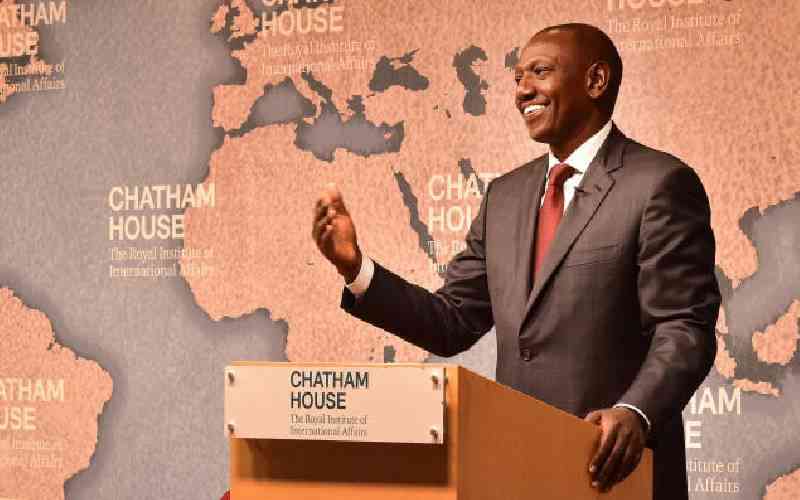×
The Standard e-Paper
Kenya’s Boldest Voice

In an address to London’s Chatham House think tank in March, Deputy President William Ruto said Kenya’s August General Election will be contested on three issues: Those who stand with 2010 Constitution and those who want to “overthrow it”, those who believe in separation of institutions of government and the opposition; and those with the best economic model to empower majority Kenyans.
In all three issues the Deputy President and UDA leader has done the opposite of what he said.